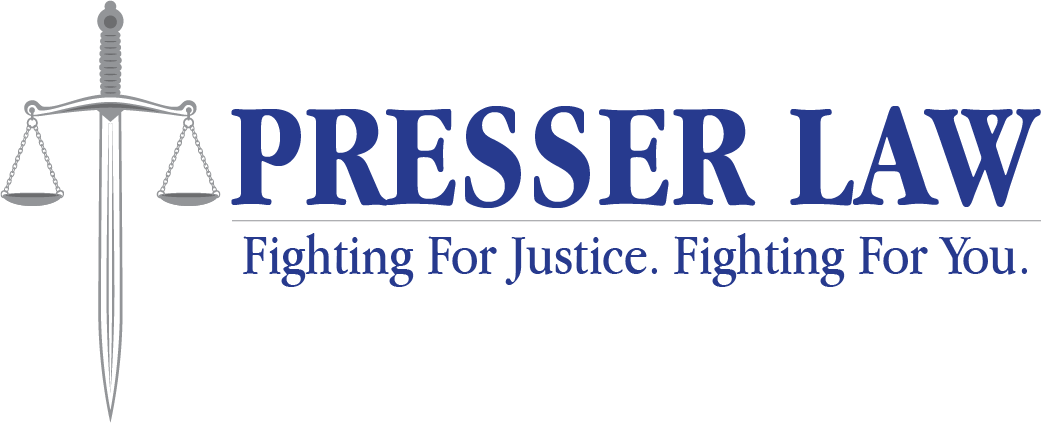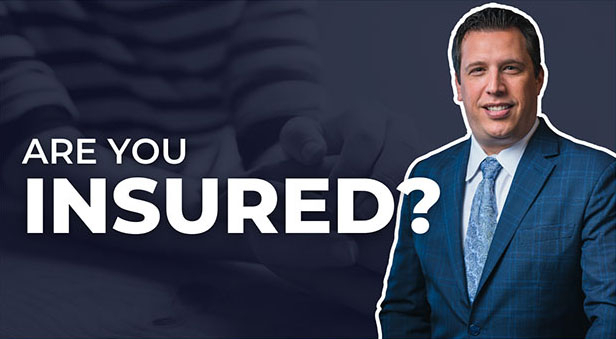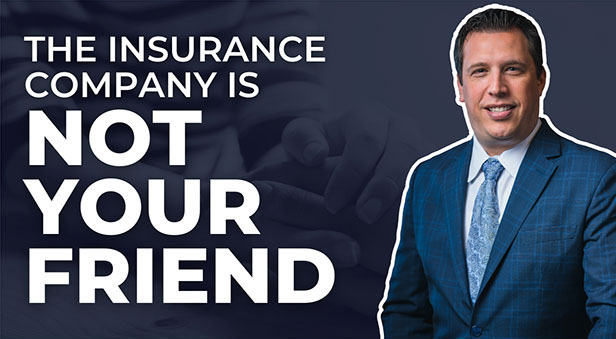
Post-Injury Statements to Insurance Companies
Post-injury statements to insurance companies can be stressful. This article will help you understand how these statements are conducted and the common mistakes made by injury victims.
What Is A Post-Injury Statement
Whether you have been injured in a car accident, slip and fall, animal injury, or otherwise, get ready for the phone calls. Various people who you have never met are going to call. They are calling you on behalf of the insurance companies. What do they want? They want information. They want to know how the injury happened, who witnessed it, whether you were hurt and other information they can use against you.
The information requested helps their investigation of your claim. It is, generally, not intended to help you. Remember, insurance companies are for-profit companies. They make money by collecting premiums. Paying claims cuts into profits so they want to limit that exposure. Everyone is looking out for their interests. Who is looking out for yours?
Want to know what they have found out in their investigation? Too bad! While there is a Rule that requires the at-fault carrier to produce your statement there is nothing requiring the production of their investigation. Since insurance companies do not like sharing this information, it often becomes a fight to obtain this information.
Types of Statements
Generally speaking, there are three types of statements people are asked to give – recorded, unrecorded and statements under oath. The names suggest what type of statement it is. Recorded statements are recorded. Unrecorded statements are not recorded but they are meticulously noted by whoever takes them. Statements under oath are completed outside of court but the injury victim takes an oath to swear to tell the truth nonetheless.
Common Mistakes
Not Providing Accurate Information
It may appear at first that there is nothing inherently wrong with injury victims giving statements. They are designed to assist with investigations. However, you should remember that the adjusters taking them are paid professionals – and injury victims are not.
Injury victims are often nervous when giving these statements. As such, they abbreviate the information and often do not disclose everything. The failure to disclose information is not because they are lying, but rather because it is a high-pressure situation. Most people have never experienced this before. In addition, insurance companies do not provide any documents (such as medical records) which may help refresh the injury victim’s recollection if they misspeak or forget some information. As a result, it is not uncommon for victims to forget to mention a pain complaint when asked about their injuries. In fact, this is so common the State of Florida has an administrative code prohibiting taking statements of injury victims when they would still be expected to be in mental or emotional distress due to traumatic injury.
Not Taking Statements Seriously
Injury victims often do not take these statements seriously. This is a mistake. These statements are used by adjusters to justify later actions.
Another mistake injury victims make – talking with any insurance company. There are insurance companies you should speak with. There are also insurance companies you should not. Providing a statement to the wrong insurance company can hurt you case and rarely helps.
Not Hiring a Injury Lawyer
The biggest mistake injury victims make is not consulting a lawyer or having their lawyer present for the statements. This allows the insurance company to take advantage of the injury victim. It also allows an insurance company to utilize inaccurate and/or incomplete statements, or even take statements out of context.
Example
Our victim is injured in a car accident when they are rear ended by another car. There will be at least two different insurance companies involved. The insurance company of the at-fault driver and the insurance company for the injury victim.
Both companies have asked for a recorded statements of the injury victim. Who should the injury victim talk to? The answer is, typically, only the injury victim’s insurance company. Talking to the at-fault insurance company provides them with information that can be weaponized against the injury victim.
Protecting Yourself
- Hire an lawyer. This point cannot be emphasized enough. Your lawyer will look out for your interests.
- Find out which insurance company is asking for your statement. In most cases, there is no legal obligation to speak to the at-fault driver’s insurance company.
- Schedule the conversation for an agreed date and time. This will allow you time to retain an attorney or to gather your thoughts.
- Be Concise. This is harder than it sounds. Do not give more information than is necessary to respond.
- Be honest about your injuries or pain complaints. You are not a doctor and injuries can worsen over time. As such, you may not know the full extent of your injuries for some time.
Statements are serious matters. Injury victims should treat them as such.
Conclusion
If you have been injured, you need someone who will fight for you and look out for your interests – not the insurance companies. Not speaking with a lawyer may be more damaging to your case than you realize.
GET YOUR FREE INJURY CASE REVIEW TODAY
If you have been injured, contact Presser Law for a free case review with an attorney to determine your legal rights. Put my experience to work for you. For over 10 years I have represented injury victims throughout Central Florida in their times of need and I would be honored to help you as well.
Click For Free Case Review
______________________
About Injury and Wrongful Death Attorney Justin H. Presser
Justin H. Presser is an award-winning lawyer and founder of Presser Law, P.A. representing clients in the areas of personal injury, car accidents, motorcycle accidents, wrongful death and more. With an office located in Altamonte Springs, Florida, Presser Law, P.A., proudly services clients throughout Central Florida including the following areas: Orange County including Orlando, Ocoee, Doctor Phillips, Apopka, Winter Garden, Winter Park, Maitland, College Park, Thornton Park; Seminole County including Altamonte Springs, Longwood, Winter Springs, Lake Mary, Oviedo, Casselberry, Chuluota; Lake County including Clermont, Mount Dora, Eustis, Tavares, Leesburg, Sorrento; and Brevard County including Melbourne, Merritt Island, Cocoa Beach, Titusville, Palm Bay.
Altamonte Springs Injury Lawyer | Altamonte Springs Car Accident Lawyer
Altamonte Springs Wrongful Death Lawyer| Presser Law, P.A.
We are social:






